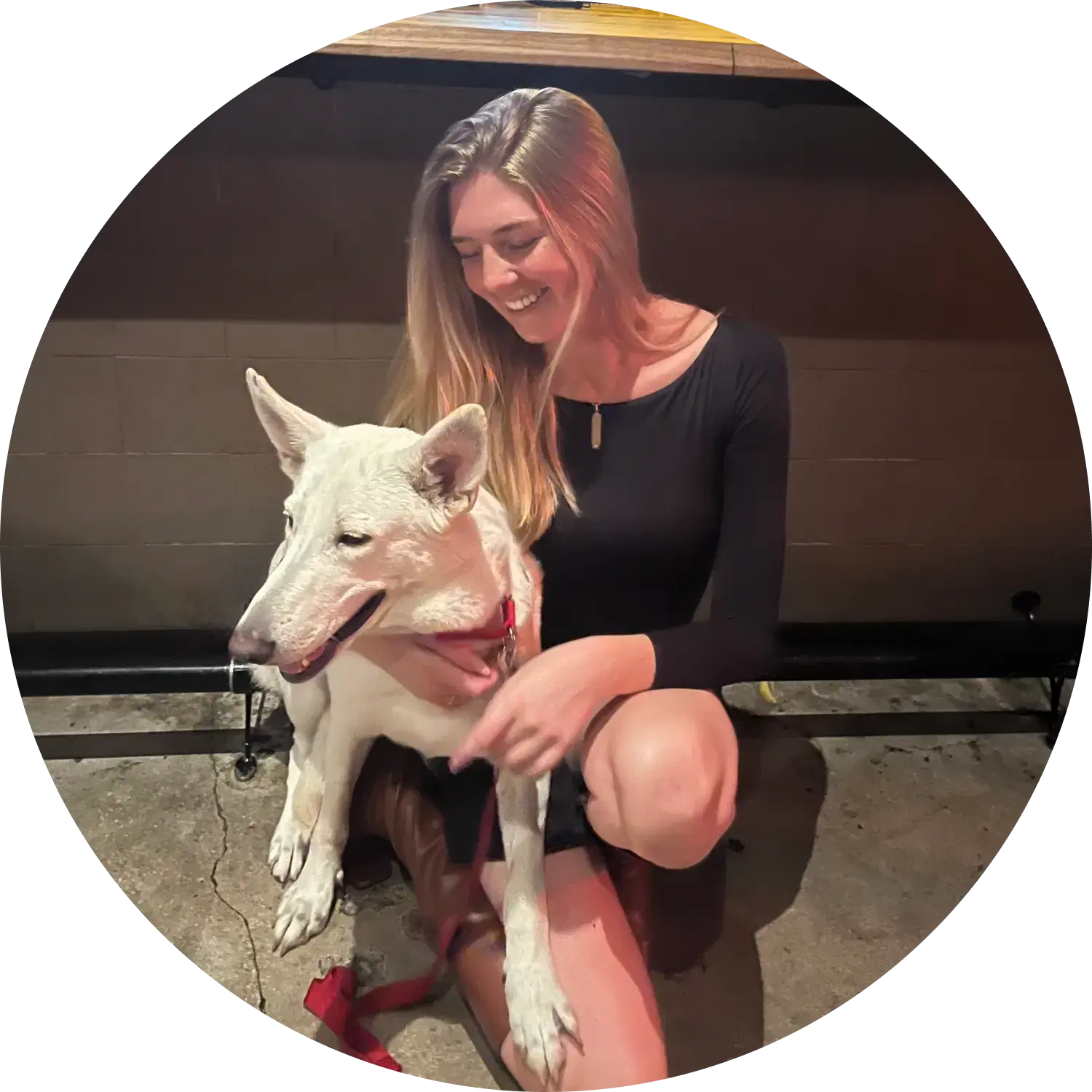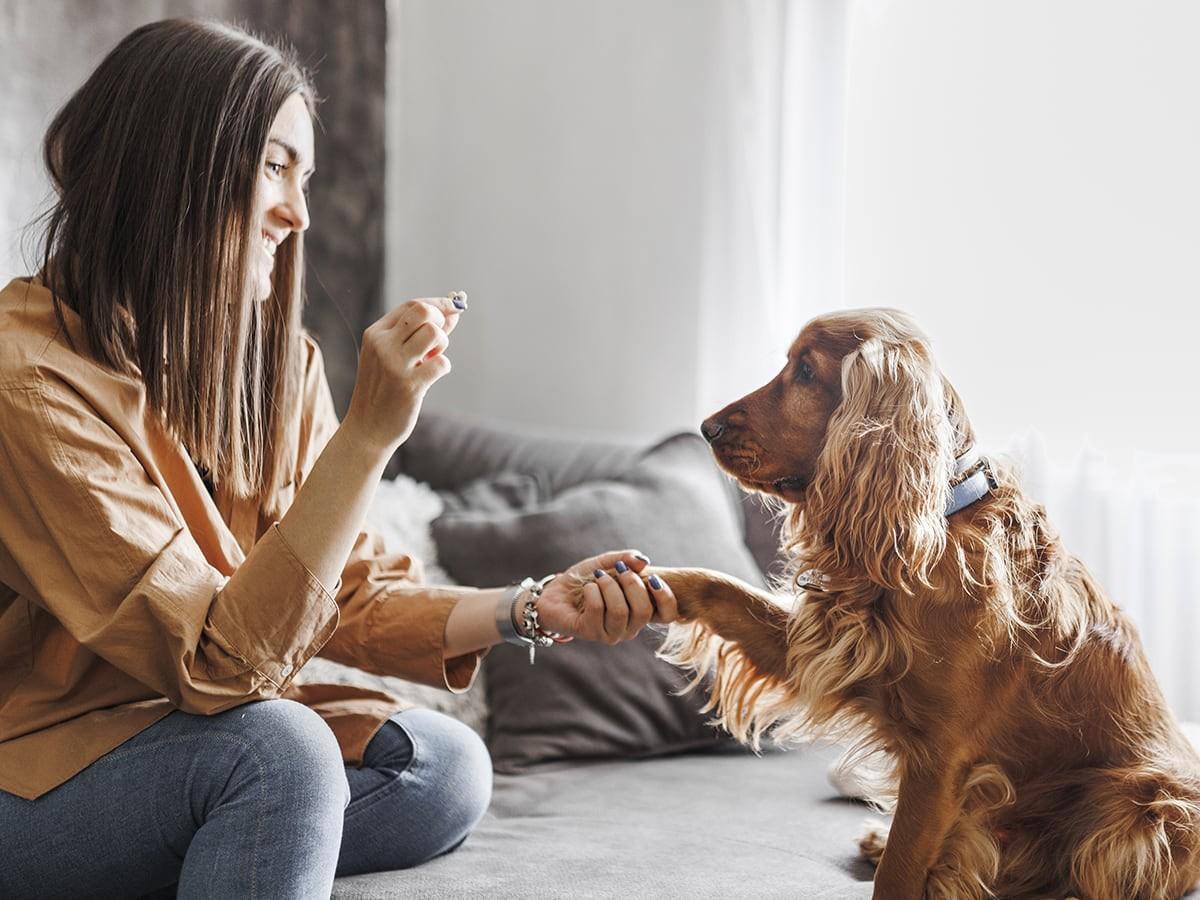The irresistible aroma of sizzling bacon wafting through the kitchen. Your dog's eyes follow the delicious scent, their tail wagging with hopeful anticipation. You might be tempted to share a bite – after all, who can resist pleading puppy-dog eyes? But before you indulge your canine companion, it's crucial to ask: can dogs actually eat bacon?
Unfortunately, the answer isn't as simple as a "yes" or "no." While a tiny, occasional piece of bacon might not cause immediate harm, regularly giving your dog bacon is not a good idea. This article delves deeper into the complexities of canine nutrition, debunks common myths, and outlines safe and healthy alternatives to bacon for your furry friend.
Understanding Your Dog's Dietary Needs:
Unlike humans, dogs are carnivores, meaning their bodies are adapted to thrive on diets rich in protein and healthy fats. However, unlike their wild ancestors who hunted for prey, domesticated dogs rely on us to provide them with balanced, nutritious meals. Processed meats like bacon simply don't fit the bill.
Why Bacon is Bad for Dogs:
Here's a closer look at the dangers of feeding your canine companion bacon:
Excessive Sodium: Bacon is notoriously high in sodium, exceeding the recommended daily intake for dogs by a significant margin. This can lead to dehydration, vomiting, diarrhea, and even pancreatitis, a painful inflammation of the pancreas.
Harmful Fats: The high saturated fat content in bacon contributes to obesity, heart problems, and other health issues in dogs.
Seasonings and Additives: Many bacon varieties contain onions, garlic, and other spices that are toxic to dogs. These can cause serious health problems, including red blood cell damage and organ failure.
Choking Hazards: Fat trimmings and bits of bone present choking hazards for dogs, especially smaller breeds.
Expert Insights From Spot
While it can be fun to share our favorite foods with our pets, pet parents should keep in mind that sometimes, eating human food can upset a pet's stomach. Internal data from Spot Pet Insurance shows that on average, claims for dietary indiscretions (pets eating too much of what they shouldn't) cost $572.* This high cost highlights why pet parents should keep an eye on what their pets eat, and do their research before sharing their favorite snacks with their dogs. Being mindful of what treats we share with our pets can help keep them healthy while helping pet parents avoid unnecessary vet bills.
Debunking Common Myths:
Myth 1: "Dogs can eat all bones."
Cooked bones, especially from ribs, can splinter and cause choking or internal injuries. Stick to raw, commercially available bones specifically for dogs.Myth 2: "Turkey bacon is a healthier alternative."
While lower in sodium than pork bacon, it's still processed meat containing nitrites and preservatives that are unhealthy for dogs.Myth 3: "A little bit won't hurt."
While a tiny, unseasoned piece of bacon might not cause immediate harm, it's important to remember that the cumulative effect of these "little bits" can have negative consequences on your dog's health.
Safe and Healthy Meat Alternatives for Your Dog:
If you're looking to treat your dog to some protein, here are some safer and healthier options:
Lean Cooked Chicken or Turkey Breast: Shredded and unseasoned, these provide protein without the harmful fats.
Boiled White Fish: A good source of omega-3 fatty acids, beneficial for skin and coat health.
Small Amounts of Cooked Lean Beef: Ensure it's free of fat and bones.
Commercially Available Dog Treats: Choose treats made with natural ingredients and appropriate for your dog's size and needs.
Frozen Kongs Stuffed with Healthy Ingredients: Fill a Kong with mashed fruits, vegetables, or plain yogurt and freeze it for a fun and enriching treat.
Beyond Meat: Expanding Your Dog's Treat Menu:
Remember, variety is key! Explore other healthy options like:
Fruits and Vegetables: Apples, blueberries, carrots, and green beans are great choices in moderation, ensuring they are safe for dogs and cut into small, bite-sized pieces.
Homemade Dog Treats: Bake your own treats using healthy ingredients like whole-wheat flour, pumpkin puree, and peanut butter (unsweetened and xylitol-free).
Dog-Safe Chews: Opt for natural chews like bully sticks or Himalayan chews to satisfy your dog's chewing needs without the health risks of rawhide chews.
Key Takeaways
While sharing a tiny, occasional piece of bacon might seem harmless, it's best to prioritize your dog's well-being with healthy treats. Remember, a happy and healthy pup is a furry friend for life!

The resident animal enthusiast at Spot. I have a lifetime of pet parent experience. If it has fur, feathers, or scales, I’ve probably shared my home with it. I aim to be a reliable source, blending experience with a dedication to the well-being of pets.
*Jan 2019 to Aug 2024 Spot Pet Insurance Services, LLC claims data.
Koschalk, Katie. "Can Dogs Eat Bacon?" Chewy, 24 October. 2025, https://www.chewy.com/education/dog/food-and-nutrition/can-dogs-eat-bacon.
Homer, Corinne. "Can dogs eat bacon?" Pooch & Mutt, 29 May 2024, https://www.poochandmutt.co.uk/blogs/can-dogs-eat/bacon.
Rover Staff. "Can Dogs Eat Bacon?" Rover, n.d., https://www.rover.com/blog/can-dogs-eat-bacon/.
The information presented in this article is for educational and informational purposes only and does not constitute or substitute for the advice of your veterinarian.












